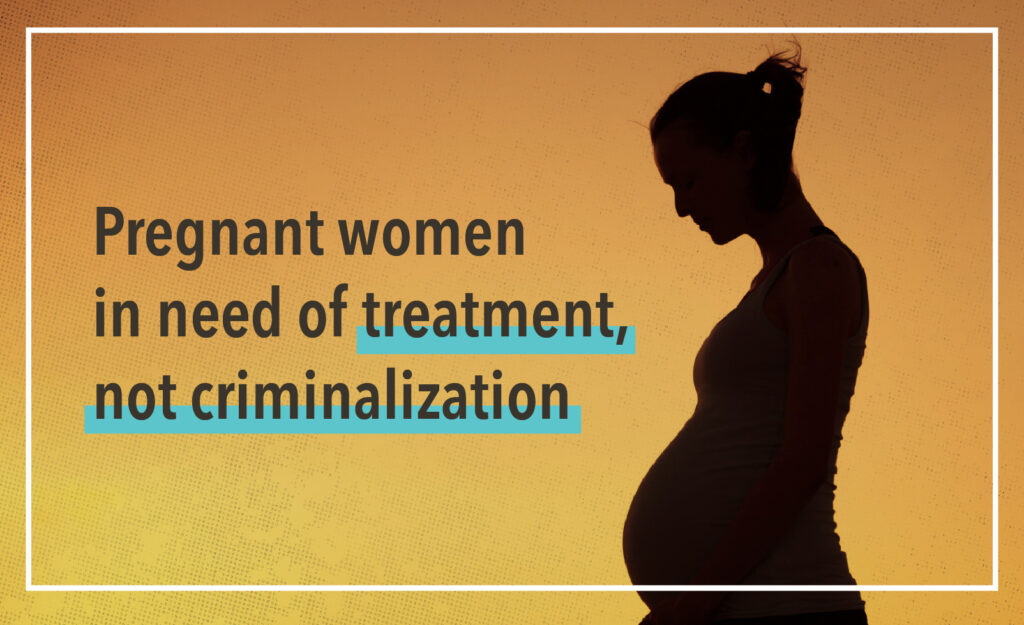Drug Addiction Treatment in Newport Beach
Drug addiction is chronic compulsive drug use that affects the individual’s brain, body, and environment. Addiction rewires the brain, making it extremely difficult for the individual to stop using the drug of abuse, even if they desire to quit. Uncontrollable drug use often results in harmful consequences that include but are not limited to the following: short-term and long-term medical complications, financial roadblocks, lapses in judgment resulting in professional turmoil, legal trouble, and problems in relationships. In other words, addiction often affects every aspect of an individual’s life, regardless of gender, social status, or ethnicity.
Substance abuse treatment in Newport Beach aims to treat the individual using a multi-faceted approach in hopes that the individual stops using and is given the tools to rebuild every aspect of their life that was destroyed by addiction. Drug addiction treatment in Newport Beach involves detoxification, long-term treatment that is tailored to the individual, and aftercare services. The goal of addiction treatment is to enter into recovery by living a drug-free life and providing a productive role to family, work, and society.
It is important to note that addiction is an all-encompassing disorder, and therefore the goals of treatment do not only involve discontinuing drug use but also identifying the underlying triggers that catapulted the addiction, as well as addressing all of the individual’s needs that go beyond their addiction.
Levels of care
Levels of care range from “high levels of care,” such as inpatient hospitalization and residential treatment, “middle levels of care” which include partial hospitalization to “lower levels of care” which include intensive outpatient and regular outpatient. It is important to note that a “higher level of care” does not necessarily mean better. Levels of care are assigned to individuals based on the severity of their addiction. For example, some individuals may have underlying medical conditions or have a high risk of a dangerous withdrawal which may warrant a higher level of care. In contrast, other individuals may have a robust support system at home and are not at risk of dangerous withdrawal, and may qualify for an intensive outpatient treatment program. The treatment team assesses the levels of care for the client to receive the most appropriate level of care for their individual needs. Often, individuals will require multiple levels of care, first a higher level, then stepping down to a lower level.
- Inpatient hospitalization: The highest level of care requiring 24/7 monitoring by medical staff in a medical facility such as a hospital. This level of care is usually reserved for someone actively withdrawing and needs medical stabilization or who has underlying medical conditions such as heart complications and needs to be monitored in an acute setting.
- Residential treatment: Individuals live in a residential treatment facility where they are monitored 24/7 by staff and have structured treatment programs. This option is helpful for individuals who are struggling with a severe addiction, including co-occurring mental health disorders.
- Partial hospitalization: Also known as “PHP”, partial hospitalization is often seen as a “day treatment program” because clients live at home while attending all-day structured treatment for at least 20 hours each week in a treatment facility. PHP programs are often considered a “step down” treatment approach after individuals complete residential treatment.
- Intensive Outpatient: Often referred to as “IOP,” intensive outpatient treatment allows clients to live at home and commute to treatment in a treatment facility. IOP requires, on average, 10 hours of treatment weekly and strongly encourages clients to have a strong support system at home.
- Outpatient: Outpatient drug abuse treatment in Newport Beach can be weekly, twice a week, or every other week, depending on the client’s needs. The client has likely completed a higher level of care for their substance use disorder and is attending outpatient treatment to stay strong in their recovery journey.
Detoxification
Detoxification, also referred to as “detox” or “medical detox,” is the first step in drug addiction treatment in Newport Beach. Regardless of the substance of abuse, long-term treatment cannot begin until the individual has undergone detox. Detox refers to clearing the body of addictive substances while safely and comfortable managing withdrawal symptoms. Medications are often used during detox to help alleviate any uncomfortable or painful withdrawal effects. Depending on the substance of abuse and the severity of addiction, detox can last, on average, 3-7 days.
MAT
Medication-assisted treatment often referred to as MAT, is a crucial component in drug addiction treatment in Newport Beach as it is useful in detox and long-term treatment. MAT uses prescription medications to help alleviate withdrawal side effects and prevent urges and cravings. MAT is commonly used for opioid and alcohol addiction, and common MAT medications include Naltrexone, Buprenorphine, Clonidine, Methadone, Acamprosate, and Disulfiram. MAT is often used in combination with psychotherapy, including cognitive-behavioral therapy, dialectical behavioral therapy, contingency management, motivational interviewing, and different types of trauma therapy. These psychotherapy approaches are often done in individual, group, and family settings.
Aftercare
Also referred to as continuing care or alumni services, aftercare is an after-treatment plan to support clients in the early stages of their recovery after they complete a structured treatment program. Once an individual completes detox and rehab, it is important for them to join an alumni network to keep in touch with treatment professionals and fellow alumni to help them work toward their treatment goals and help prevent relapse. Drug abuse treatment in Newport Beach provides aftercare to all clients in many different settings, including support groups, sober living homes, outpatient or virtual counseling and therapy, and online community support groups.
About Us
At AKUA Mind and Body we believe that recovery does not end when you complete treatment. Recovery is a lifelong journey, and it is essential to stay involved in community and therapy after completing a treatment program at one of our rehab centers. AKUA Mind and Body accepts most private insurances. We encourage you to verify your insurance on our website so you can be prepared to enter into one of our treatment centers as soon as possible. From intake and detoxification to treatment and discharge, our staff will ensure you have the best possible chance of a successful recovery.



